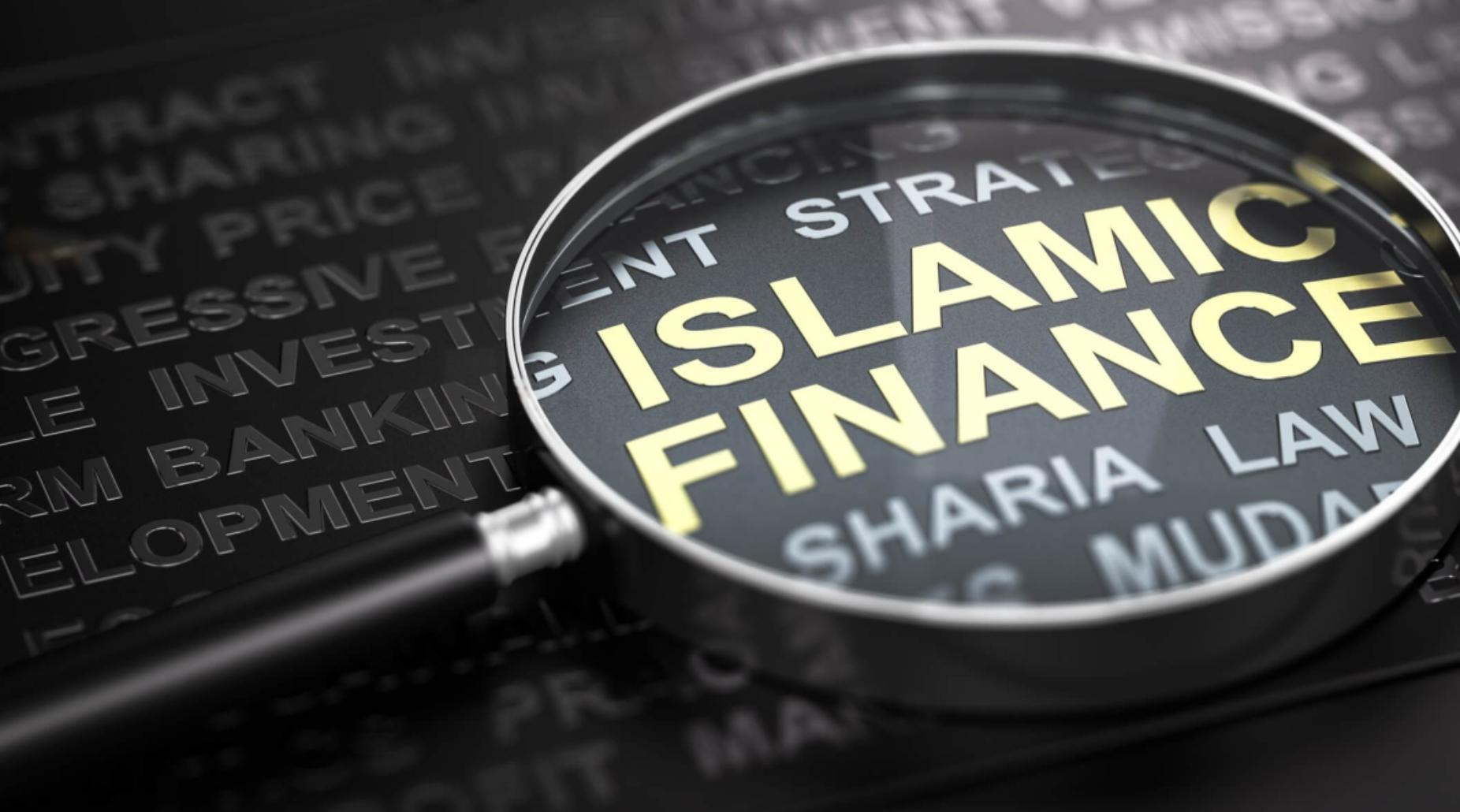
Digital transformation is quietly reshaping the Islamic capital markets in the Gulf Cooperation Council (GCC). With the help of tokenization and fragmentation technology, the issuance and trading model of Islamic bonds (Sukuk) has been reshaped, and the financing tools that comply with Islamic law are becoming more flexible, transparent and inclusive.
In the past, Islamic bonds faced high barriers, insufficient liquidity and reliance on manual processing. But in recent years, many GCC countries are actively exploring technological solutions. Abu Dhabi Islamic Bank (ADIB) launched the Smart Islamic Bond Platform, which allows individual investors to participate in bond investment through its digital banking application, with the threshold reduced to US$1,000. This move breaks the limitation that traditional bonds often require a minimum investment of US$200,000.
At the same time, Bahrain fintech company INABLR uses blockchain technology to build an "Islamic Bond as a Service" platform. The platform integrates identity authentication, compliance, Shariah review and asset custody, providing Islamic financial institutions with modular solutions without having to build their own technical architecture. In Dubai, the Land Department and the Virtual Asset Regulatory Authority (VARA) jointly promote the tokenization of real estate, empower asset-backed bond structures through "digital ownership", improve transparency and reduce administrative costs.
However, the realization of digital transformation is inseparable from regulatory support. The UAE has established a regulatory sandbox through multiple regulators (such as DFSA, FSRA and VARA) to allow financial institutions to test tokenized products in a compliant environment. Abu Dhabi Global Market (ADGM) is working with blockchain companies to promote smart contract interoperability and ensure the legal clarity and enforceability of digital securities. The case of ADIB's successful issuance of smart Islamic bonds also confirms the important role of the sandbox mechanism in stimulating innovation.
It is worth mentioning that the Central Bank of Bahrain has taken the lead in promoting Islamic financial technology regulation in the Middle East. Its sandbox system provides the necessary policy space for innovative companies like INABLR to verify blockchain integration and automatic compliance mechanisms with Sharia law. This makes Bahrain a "test field" suitable for piloting digital Islamic capital structures.
In addition, from a market perspective, the potential of digital Islamic bonds cannot be underestimated. Such products are expected to account for a larger share of the global $190 billion Islamic bond market by 2030, and are particularly suitable for small and medium-sized enterprises and retail investors. For investors, digital bonds offer the advantages of low barriers to entry, high transparency and automatic profit distribution, and secondary market liquidity is expected to increase.
However, traditional institutions still dominate large-scale primary issuances, and digital platforms need to further educate investors, ensure blockchain security, and provide Sharia-compatible review mechanisms to truly achieve breakthroughs. Currently, most platforms have integrated automatic Sharia compliance audits, but traditional Sharia committee endorsements are still the key to winning market trust.
In addition, the establishment of a legal basis is particularly important. Including the legal effect of smart contracts in a cross-border context, the coordination of digital assets and securities regulations, and the definition of ownership of digital custody, all need to be clarified. Dispute resolution mechanisms also need to take into account traditional laws and Islamic principles to ensure an arbitration path acceptable to multiple parties. Standardization is another key element. Unified token design, compliance processes and smart contract trigger logic can help reduce implementation difficulties, shorten approval cycles, and enhance cross-border operational capabilities.
In summary, the digital transformation of the GCC Islamic bond market is advancing from pilot projects to operational models. The application of tokenization and fragmentation technologies not only improves financing efficiency, but also improves market accessibility and investment experience. The active cooperation of regulators in various countries provides a solid foundation for innovation. Future development depends on the unification of legal norms, the improvement of cross-border compliance mechanisms, and the modernization of the Sharia supervision system. In this process, institutions that can prioritize the construction of compliant, robust, and scalable models will become the key force in shaping the next stage of the Islamic financial ecosystem.

A new survey released in the United States shows that in the context of rising prices and growing concerns among the public about the economic outlook of the country, there is a coexistence of frugality and differentiation.
A new survey released in the United States shows that in th…
By the end of 2025, the situation in the Middle East resemb…
According to Channel NewsAsia, international oil prices hav…
On Sunday, US President Donald Trump Trump met with Ukraini…
Officials in the Trump administration, speaking on Fox News…
In 2025, the Trump administration reshaped the global trade…